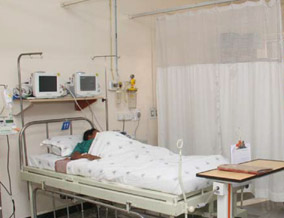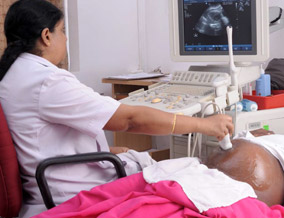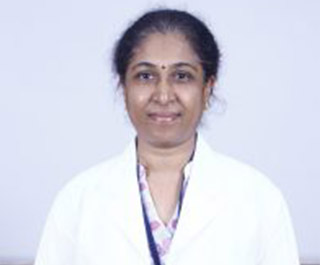
Obstetrics and Gynaecology
The first head of the department of Obstetrics & Gynaecology was Dr Shantha Devi. A group of obstetric specialists run clinic for pregnant women every day and provides all facilities for investigations under one roof. As the department that deals with pregnancy, child birth and the health of the female reproductive system, its role in delivering healthy children is pivotal. An 18- member team of doctors, headed by Dr Seetha Panicker, performs this task impeccably and as a result has become a referral centre for high-risk obstetric cases. The first delivery in the department happened at 8.36 am on May 18, 1990 with the birth of a baby boy by Caesarean section. In the first month, there were only four deliveries. Since then the department has become much sought after with almost 250 deliveries a month.
Contact Information
Email id:
og@psgimsr.ac.in-
Contact Number:
+91-422-2570170-5130
Helpline:
+91 9952149911
It also conducts special clinics for patients with bad obstetric history, repeated abortions, genetic problems and other complications. The department has a fully fledged labour ward that is monitored by specialists round the clock and supported by neonatologists and neonatal intensive care unit.
The gynaecology specialists in the department help people who are unable to conceive by treating them at an infertility clinic, which has facilities for accurate diagnoses, careful monitoring of ovulation induction and intrauterine insemination (IUI). The unit also conducts hormone estimations, laparoscopy and hysteroscopy, which is a procedure to inspect the uterine cavity for infertility, excessive bleeding and absence of menstruation during the reproductive period.
Modern operation theatres and surgical intensive care units enable them to perform complex gynaecological operations including laparoscopy. Therma Choice is offered as an outpatient procedure for patients with excessive menstrual bleeding and helps them to return to normal work in two days.
The department conducts a family planning clinic on all days to give advice on temporary and permanent methods of contraception and also counsels patients with menopause. As cervical cancer is the commonest cancer among women in India, followed by breast cancer, screening to detect it early has been in practice at PSG Hospitals from 2008. Specialists conduct camps at the hospital and outside every week. So far, it has screened about 20,000 women, of which more than half were tested at camps, and has found almost 3,500 of them to have required colposcopy.
The department also conducts uro-gynaecology clinics on Tuesdays and Fridays and treats patients with urinary incontinence, or involuntary leakage of urine, and pelvic floor disorders. The department started postgraduate courses in 2001 and now gives speciality training to seven students a year. The department has plans to start an advanced infertility unit and a foetal medicine unit.
Special Clinics
- Cancer screening & Colposcopy Clinic, Urogynaecology Clinic, Infertility clinic, High risk pregnancy and Distance Colposcopy Training Project in collaboration with International Federation for cervical Pathology & Colposcopy.
- Infertility clinic with facilities for accurate diagnoses, ovulation induction monitoring & IUI. Infertility patients are counseled as a couple. Hormone estimations; laparoscopy & hysteroscopy are available. Male partner is assessed by Andrologist. Intra uterine insemination with husband’s semen is done when indicated.
- High risk pregnancy clinic is conducted daily with facilities for diagnosis & management of Obstetric & medical complications of pregnancy and prenatal testing & diagnoses of congenital anomalies.
Research
Ongoing
Female Genital Tuberculosis: An epidemiological study and development of a novel endometrium specific biomarker (along with PSG CMMT)
- Development and validation of diagnostic modalities in Female Genital Tuberculosis (FGTB): Large scale validation of species specific multiplex PCR
- Development and validation of a novel endometrium-specific biomarker by studying the differential gene expression.
- Obtaining a preliminary estimate of proportion of cases with FGTB among those who present with clinical features suggestive of FGTB
Distance Colposcopy Training Project in collaboration with International Federation for cervical Pathology & Colposcopy
PGs Thesis – Ongoing
- Incidence of sub clinical & overt hypothyroidism in pregnancy, maternal and fetal outcome
- Comparison of progression of spontaneous & induced labour and its outcome
- Epidural analgesia in labour, maternal and fetal outcome
- Prospective study of the efficacy of Mifepiristone and vaginal Misoprostol in late 1st trimester termination
- Comparative study of safety and efficacy of oral Misoprostol 50 mg with Dinoprostone gel (0.5mg) for cervical ripening and induction of labour
- Calcium to Creatinine ratio and micro albuminuria in the spot urine sample for early prediction of preeclampsia
- To find the association between intrapartum amniotic fluid lactate level and labour outcome
Completed:
- Serum Cystatin C as a marker of renal dysfunction in hypertensive disorders of pregnancy.
- A comparative study of safety and efficacy of intracervical Foleys catheter with dinoprostone gel for cervical ripening and induction of labour.
- Predictive value of maternal PAPP-A level in identification of women at risk of PIH & IUGR
- Validation of serum based biomarkers (Placenta growth factor and Pentraxin 3) for preeclampsia
Fellowships and Awards
- Dr.Seetha Panicker, Professor & HOD of Obstetrics & Gynaecology has been conferred the “Best Teacher Award” by the Tamilnadu Dr.MGR Medical university during the Doctors day Celebration on 01.07.2012
- Dr.T.V.Chitra, Professor of Obstetrics & Gynaecology presented a paper on “Screening in elderly women” at International conference on Colposcopy & Cervical Pathology held on 6th, 7th March 2010, Chennai and this paper got first prize for paper presentation
- Dr.Seetha Panicker, Professor & HOD of Obstetrics & Gynaecology presented a paper on “Awareness & Practice of Universal barrier precautions among nursing and paramedical staffs in a teaching hospital” and had been conferred the “2nd Best paper Award” at National conference on Reproductive Heath–The key to population stabilization held at New Delhi in Feb 2002
- Dr. Lalitha has been awarded a fellowship at the National University of Singapore to undergo training in fetal medicine in 2017.
Facilities
- 3D ultrasound with Doppler
- Video Colposcope with teaching attachment & data capture system
- Diagnostic & operative hysteroscope
- Operative laparoscopy with different energy sources
- Uro dynamic machine
- Facilities for fetal autopsy
- The Department also maintains the highest standards in medical education, training of under graduates & post graduate doctors and research
- Intensive care facilities for all high risk Obstetric and Gynaec patients with multidisciplinary team approach
Miscellaneous
- The department also maintains the highest standards in medical education, training of under graduates & post graduate doctors and research
- Intensive care facilities for all high risk Obstetric and Gynaec patients with multidisciplinary team approach
Our Faculties
HoD
Professor
-
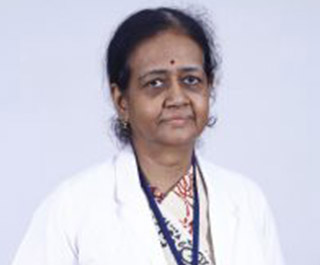
Dr. Seetha Panicker
Obstetrics and Gynaecology
Professor
-
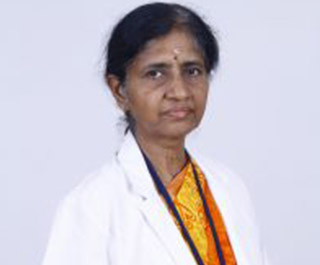
Dr. T.V. Chitra
Obstetrics and Gynaecology
Professor
-
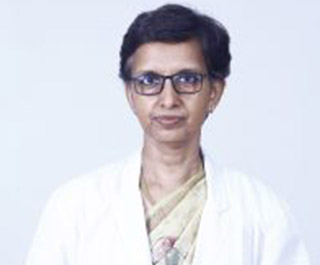
Dr. Reena Abraham
Obstetrics and Gynaecology
Professor
-
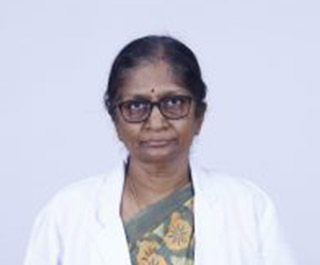
Dr. K. Kanchanamalai
Obstetrics and Gynaecology
Professor
-
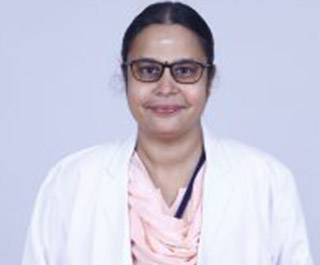
Dr. T. Ramya
Obstetrics and Gynaecology
Professor
-

Dr. Chippy Tess Mathew
Obstetrics and Gynaecology
Professor
Associate Professor
-

Dr. Devi B
Obstetrics and Gynaecology
Associate Professor
-
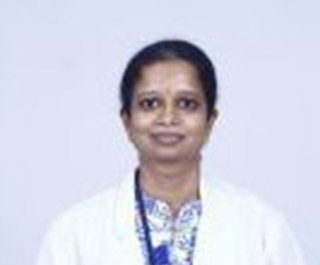
Dr. C. Poornima
Obstetrics and Gynaecology
Associate Professor
-
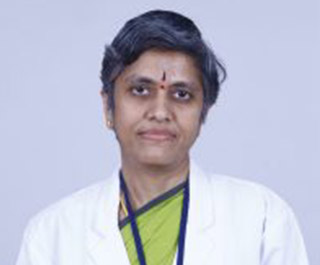
Dr. N. Lalitha
Obstetrics and Gynaecology
Associate Professor
-
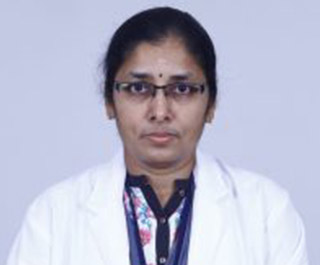
Dr. S. Maheswari
Obstetrics and Gynaecology
Associate Professor
-
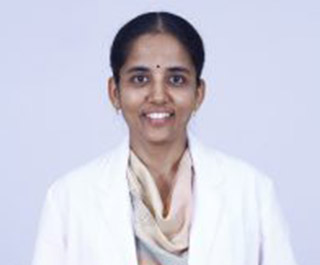
Dr. A. Poorani Devi
Obstetrics and Gynaecology
Associate Professor
-
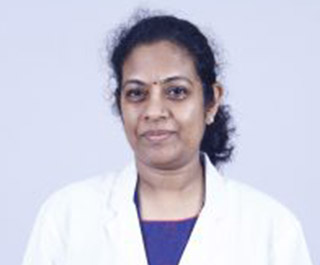
Dr. L. Krishna Priya
Obstetrics and Gynaecology
Associate Professor
-
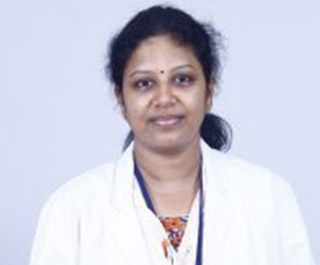
Dr. Sumangali T
Obstetrics and Gynaecology
Associate Professor
Assistant Professor
-

Dr. Savitha P
Obstetrics and Gynaecology
Assistant Professor
-
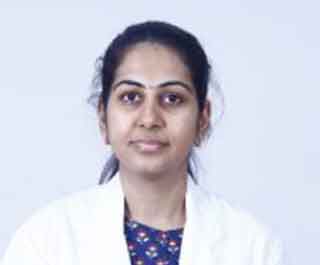
Dr. Aswini
Obstetrics and Gynaecology
Assistant Professor
-
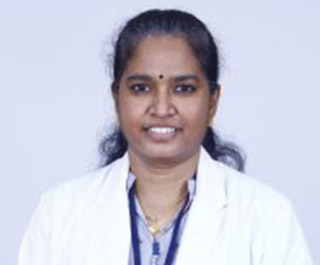
Dr. Anupriya K
Obstetrics and Gynaecology
Assistant Professor
-

Dr. Vishnupriya C
Obstetrics and Gynaecology
Assistant Professor
Senior Resident
-

Dr.Vishnupriya G
Obstetrics and Gynaecology
Senior Resident
-

Dr. Rekha
Obstetrics and Gynaecology
Senior Resident
-

Dr. Athilalakshmi
Obstetrics and Gynaecology
Senior Resident
-

Dr. Charumithrav
Obstetrics and Gynaecology
Senior Resident
-

Dr. Vishranthi S
Obstetrics and Gynaecology
Senior Resident
Junior Resident
-

Dr. Vihnupriya Rajendran
Obstetrics and Gynaecology
Junior Resident
-

Dr. Renuka R
Obstetrics and Gynaecology
Junior Resident
-

Dr. Radhalakshmi T
Obstetrics and Gynaecology
Junior Resident
-

Dr. Priyanka S
Obstetrics and Gynaecology
Junior Resident
-

Dr. Nadar Shanghavi P Natarajan
Obstetrics and Gynaecology
Junior Resident
-

Dr. Gayathri J
Obstetrics and Gynaecology
Junior Resident
-

Dr. Ayswarya Mohanakrishnan
Obstetrics and Gynaecology
Junior Resident
-

Dr. Poonkuzhali .J
Obstetrics and Gynaecology
Junior Resident
-

Dr. Nasrunisha .I
Obstetrics and Gynaecology
Junior Resident
-

Dr. Sharmila .K.G
Obstetrics and Gynaecology
Junior Resident
-

Dr. Poonkuzhali .J
Obstetrics and Gynaecology
Junior Resident
-

Dr. Sharmila R
Obstetrics and Gynaecology
Junior Resident
-

Dr. Keerthika J
Obstetrics and Gynaecology
Junior Resident
-

Dr. Soundariyaa S R
Obstetrics and Gynaecology
Junior Resident
-

Dr. Manirathina R
Obstetrics and Gynaecology
Junior Resident
-

Dr. Sree Priyanka R
Obstetrics and Gynaecology
Junior Resident
-

Dr. Tamilselvi R
Obstetrics and Gynaecology
Junior Resident
-

Dr. Lakshmanan Sakthikumar
Obstetrics and Gynaecology
Junior Resident
-

Dr. Sangeetha .J
Obstetrics and Gynaecology
Junior Resident
-

Dr. Ajeetha .A
Obstetrics and Gynaecology
Junior Resident
-

Dr. Praneetha .C.S
Obstetrics and Gynaecology
Junior Resident
-

Dr. Vidhya .S
Obstetrics and Gynaecology
Junior Resident
-

Dr. Deepak Chandrasekar
Obstetrics and Gynaecology
Junior Resident
-

Dr. Vinitha N
Obstetrics and Gynaecology
Junior Resident




